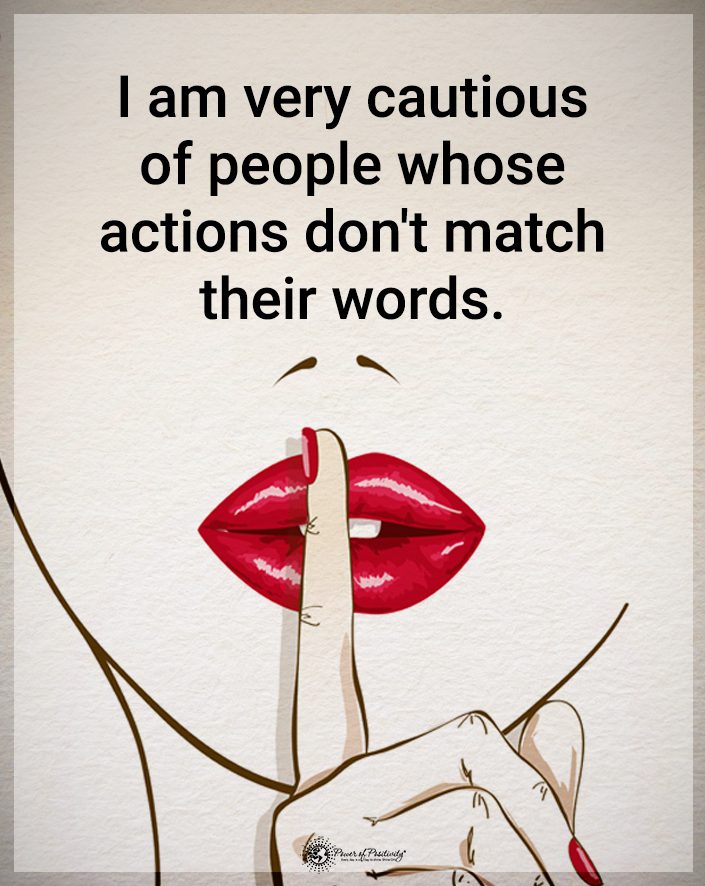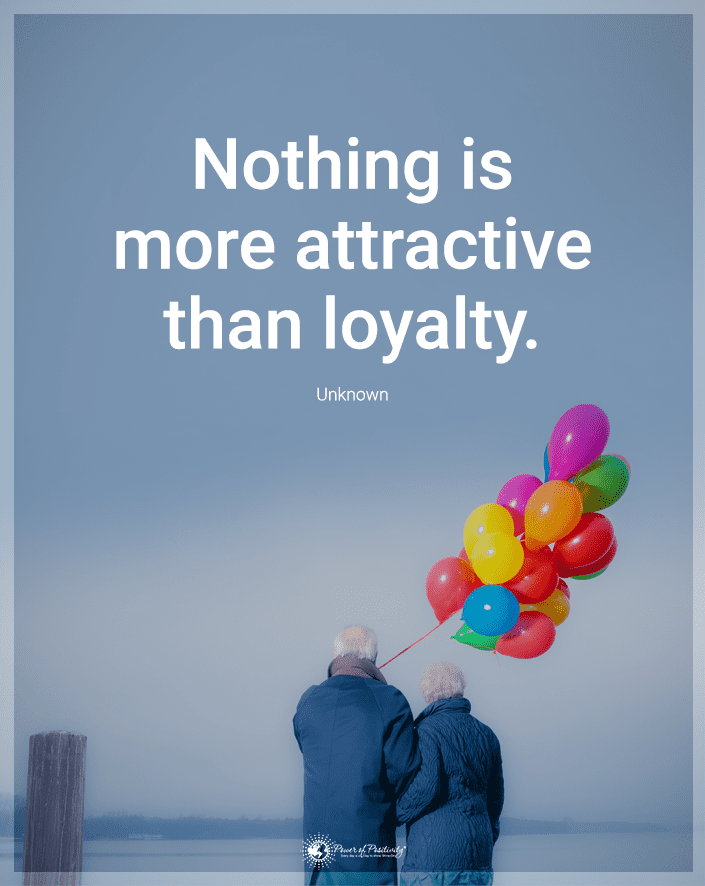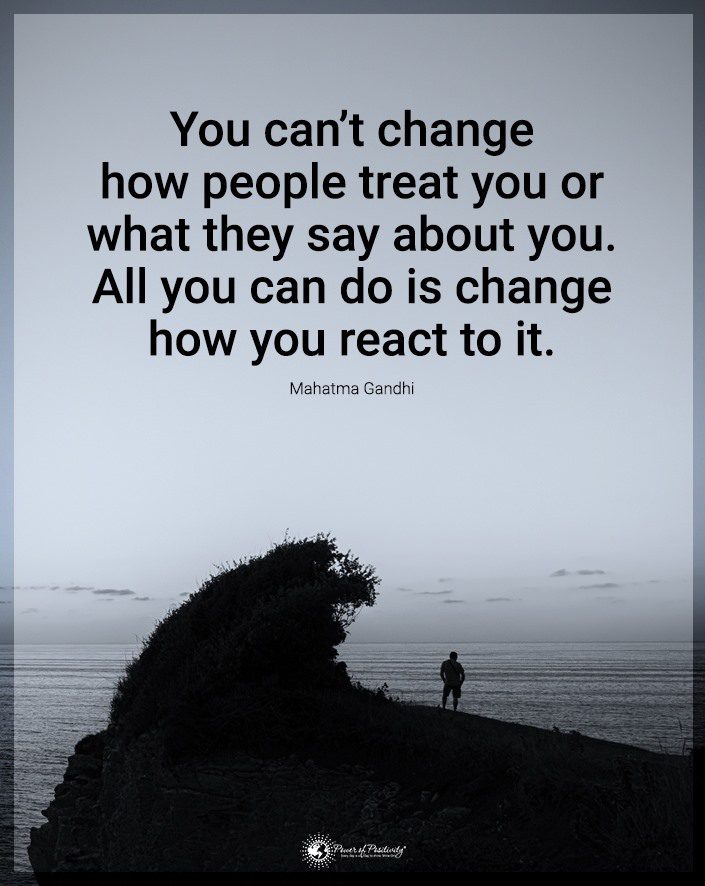These signs may reveal a partner who’s not ready for a commitment.
Understanding someone’s intentions when dating holds significant importance in navigating non-exclusive relationships. The dating landscape can be a complex and dynamic terrain where individuals seek different levels of commitment and connection. Emotional distress and confusion can arise without clarity on where a relationship is headed. As a result, it often leads to heartache and disappointment.
Recognizing the signs that someone isn’t interested in an exclusive relationship can save individuals from unnecessary emotional distress and confusion.
In this article, we will:
- Explore the concept of exclusive dating
- Discuss ten telltale signs that someone doesn’t want to date exclusively
- Offer insights on how to approach such situations with self-awareness and open communication.
- Discuss establishing a healthy, fulfilling, exclusive relationship by openly discussing intentions and expectations.
10 Signs Someone Is Not Ready for Dating Exclusively
At the heart of every successful relationship lies the understanding of exclusivity through the lenses of the various relationship stages. Exclusive dating refers to a stage in a relationship where both partners mutually agree to focus solely on each other, forsaking other romantic prospects, and move towards a more committed and monogamous partnership.
The foundation of exclusive dating lies in honest and open communication, where both individuals share their intentions and expectations for the relationship. This clarity in dating dynamics is paramount in establishing mutual understanding and avoiding misunderstandings that may arise due to mismatched expectations.
1. Avoids Discussing the Future
One of the most significant signs that someone may not be interested in exclusivity is their avoidance of discussing the future together. While discussing future planning can be exciting and reassuring for those seeking a committed relationship, a partner’s hesitation or evasiveness can raise doubts and concerns when the topic arises. In healthy relationships, relationship conversation discussing the future is a natural progression, and both partners should feel comfortable expressing their hopes and expectations.
However, when one partner avoids or deflects such discussions, it may be a sign that they are not envisioning a long-term commitment. Commitment avoidance or uncertainty about the future can manifest as an unwillingness to engage in conversations about where the relationship is heading, leaving the other partner feeling unsure and emotionally vulnerable.
2. Someone Not Interested in Dating Exclusively Gives Non-Committal Answers
Communication is the lifeline of any relationship, and non-committal answers can be warning signs of potential commitment issues. When asked about the nature of the relationship or its future, a partner who consistently provides vague responses or ambiguous answers might signal their reluctance to date exclusively. Non-committal responses like “We’ll see where this goes” or “I’m not ready to label things yet” can leave the other person feeling uncertain and insecure.
Such answers indicate a lack of readiness to move towards exclusivity and may suggest that the partner is unwilling to invest in the relationship. While some people might genuinely be uncertain about their feelings or plans, persistent non-committal responses can be communication red flags, signaling a lack of emotional investment or avoiding commitment.
3. Prioritizes Independence
Personal independence is vital for self-growth and maintaining a healthy sense of self within a relationship and one’s dating dynamics. It helps maintain a healthy relationship balance between individuals. However, excessive focus on individuality and avoiding any form of interdependence might suggest a disinterest in exclusive dating.
While partners should maintain their interests, hobbies, and friendships, an overemphasis on personal freedom to the extent that it hinders the growth of emotional closeness and commitment might be a cause for concern. A partner who prioritizes personal space to avoid shared experiences or emotional vulnerability might signal a reluctance to move towards a more exclusive commitment. Balancing individuality and mutual interdependence in any relationship is crucial to creating a supportive and fulfilling partnership.
4. Keeps Other Dating Apps Active
The advent of dating apps has revolutionized how people meet and connect, providing a seemingly endless array of potential partners at one’s fingertips. While exploring options is expected during the early stages of dating, including online dating, maintaining a dating app activity when supposedly in an exclusive relationship may be a cause for concern.
When genuinely invested in exploring an exclusive relationship, they are more likely to focus their attention on their connection with their current partner rather than displaying such digital dating behavior. Consistently using dating apps and engaging with other potential partners while claiming to be in an exclusive relationship may signal a lack of commitment and interest in exclusivity.
5. A Partner Disinterested in Dating Exclusively Avoids Introducing You to Friends or Family
Meeting a partner’s friends and family is a significant milestone in any relationship. Introducing someone to loved ones signifies a desire to integrate the partner into one’s life deeper and seek approval from those who matter most.
However, a partner who consistently avoids or hesitates to introduce their significant other to their social circle may indicate disinterest in a more committed and exclusive partnership. Introducing someone to friends and family implies a certain level of commitment and seriousness. When a partner refrains from taking this social integration step, it may indicate that they are not envisioning a future together.
Avoiding such introductions can leave the other partner feeling excluded or uncertain about the relationship’s trajectory. By noticing such clear dating signs, individuals can track their relationship progression and prevent eventual heartbreaks.

6. Doesn’t Invest in the Relationship
Investing time, effort, and emotions is essential to a successful relationship. Both partners should feel equally invested in nurturing the connection and building a future together. A partner’s lack of investment in the relationship can indicate their disinterest in exclusivity.
Signs of minimal emotional engagement, lack of active participation in the relationship, or prioritizing other aspects of life over the partnership may indicate a reluctance to move towards a more exclusive commitment. A partner who appears emotionally distant or fails to contribute to the relationship’s growth might signal their lack of enthusiasm for a deeper connection. This is a clear sign of a lack of relationship investment and emotional engagement, as the commitment levels of such partners are minimal.
7. A Partner Who Does Not Want to Date Exclusively Keeps Things Casual
Maintaining a consistently casual dating approach to the relationship might indicate that a partner is not interested in moving toward exclusivity. While casual dating can work for some individuals, it becomes problematic when partners have different expectations or desires for the future and seek relationship depth.
If one partner prefers emotional intimacy while the other maintains a laid-back and non-committal attitude, it can lead to emotional disconnection and dissatisfaction. Being on different pages when it comes to the level of commitment and exclusivity can breed misunderstandings and hurt feelings.
8. Rarely Initiates Plans
A balanced and mutually invested relationship requires both partners to actively take the initiative. Sharing the responsibility of planning activities and making efforts to spend quality time is an essential aspect of nurturing healthy dating dynamics.
If a partner consistently relies on the other to initiate activities or make plans, it may be a sign that they are not genuinely interested in pursuing an exclusive relationship. These communication patterns can indicate a lack of enthusiasm. It also shows little investment in the partnership. A healthy relationship requires both partners to spend time together and nurture the connection.
9. Maintains Boundaries
Healthy personal boundaries are crucial in every relationship, as they define each partner’s comfort levels and personal space. However, overly strict boundaries might indicate a reluctance in relationship progression. Suppose a partner hesitates to break down emotional barriers or increase emotional intimacy. In that case, they may be unwilling to deepen the connection towards a more exclusive commitment. While boundaries are essential for individual well-being, a lack of emotional intimacy or unwillingness to open up might impede the relationship’s progress.
10. Avoids Emotional Intimacy
Emotional intimacy is a cornerstone of any healthy and committed relationship. A partner consistently displaying intimacy avoidance behaviors or avoiding vulnerable conversations could signify non-exclusivity. Emotional intimacy involves sharing feelings, thoughts, and vulnerabilities. As a result, it can foster a stronger bond and emotional connection. If a partner actively avoids such intimacy, it may indicate a lack of relationship depth. Emotionally distant behavior can lead to feelings of disconnection and leave the other partner questioning the relationship’s future.

Final Thoughts on Discerning When Someone Does Not Wish to Date You Exclusively
Understanding the signs of non-exclusive dating intentions in an exclusive relationship is crucial to navigating the complex dating world. It is natural to seek a meaningful and committed partnership, but not everyone we encounter will share the same aspirations. Recognizing these signs can save us from emotional distress and confusion, allowing us to make informed decisions about our dating journey.
Trusting our intuition is a powerful tool when it comes to relationships. Listening to our gut feelings is essential if something feels off or uncertain in the connection. Often, our intuition can pick up on subtle cues and behaviors that indicate a partner’s lack of interest in exclusivity. Instead of dismissing these feelings, take the time to reflect on what you truly desire in a relationship.
Realizing that a potential partner may not be interested in exclusivity can be challenging, but it is essential to approach such situations with grace and self-compassion. Not every connection will lead to a committed relationship, which is okay. Instead of dwelling on what could have been, view this realization as an opportunity for growth and self-discovery. Trust that the right person who values exclusivity and commitment will come along soon.
Ultimately, understanding dating intentions empowers us to make choices that match our long-term goals and emotional well-being. It is okay to be selective and patient in finding the right person. Trust the process, trust yourself, and stay true to your heart’s desires. Doing so creates space for more fulfilling and mutually satisfying connections in the future.



















